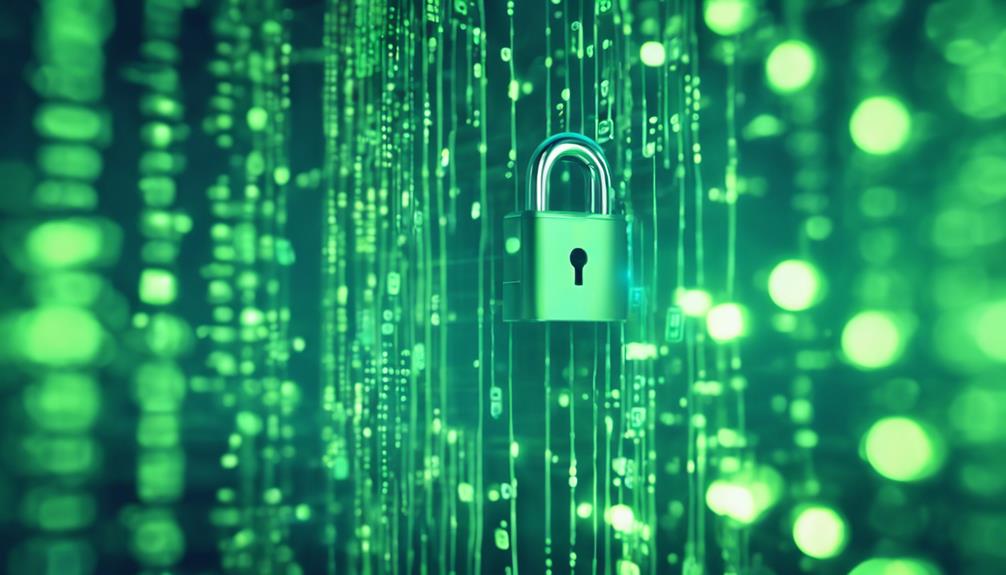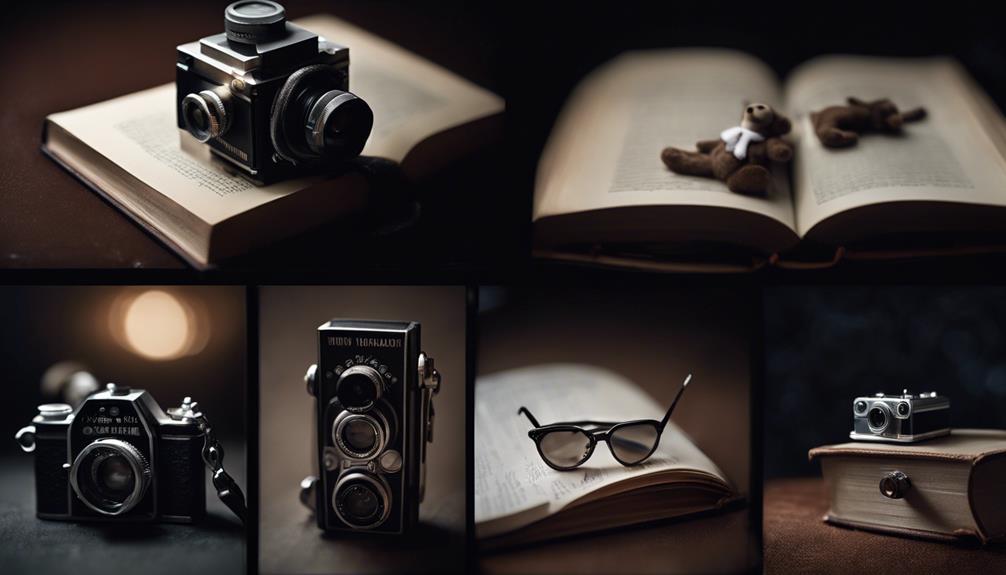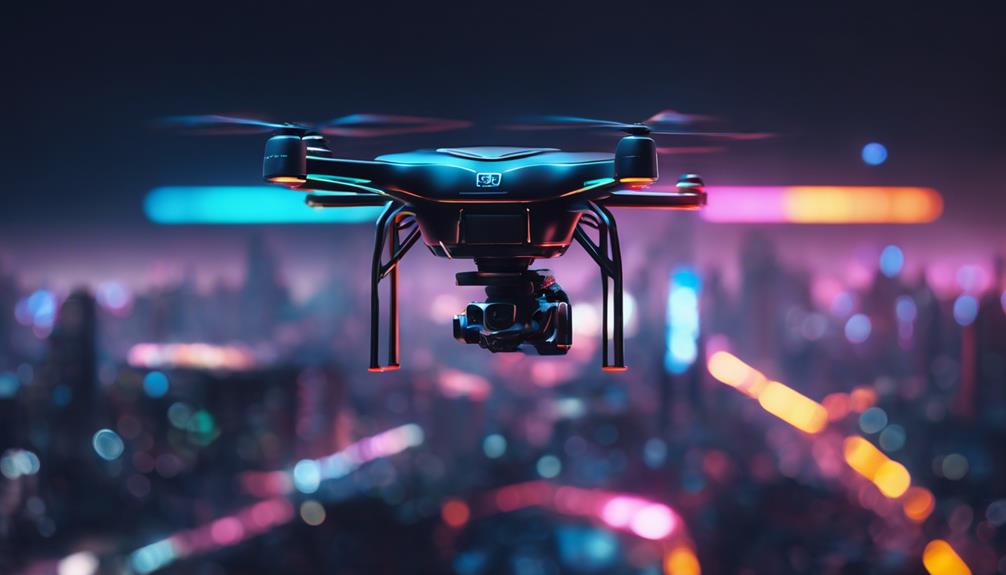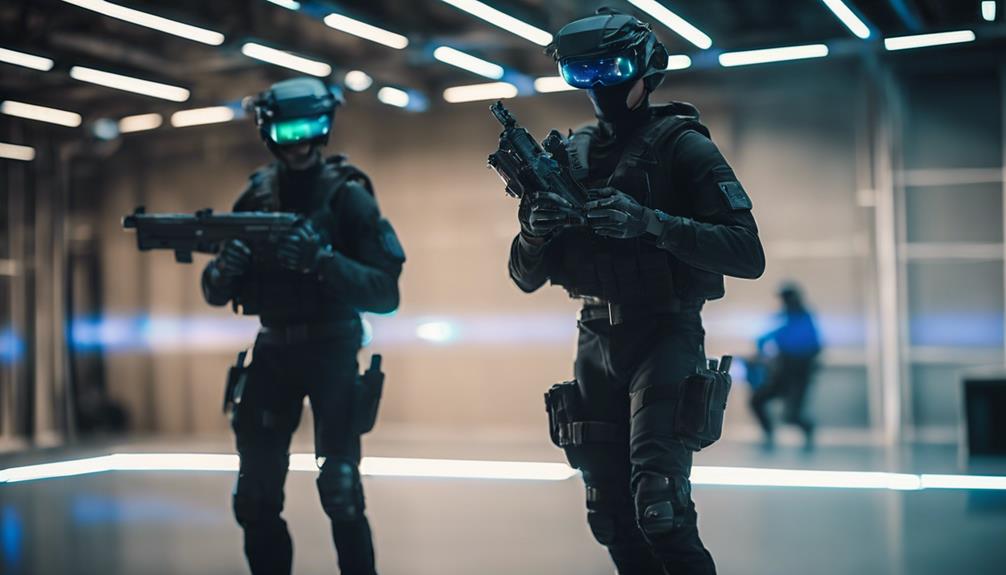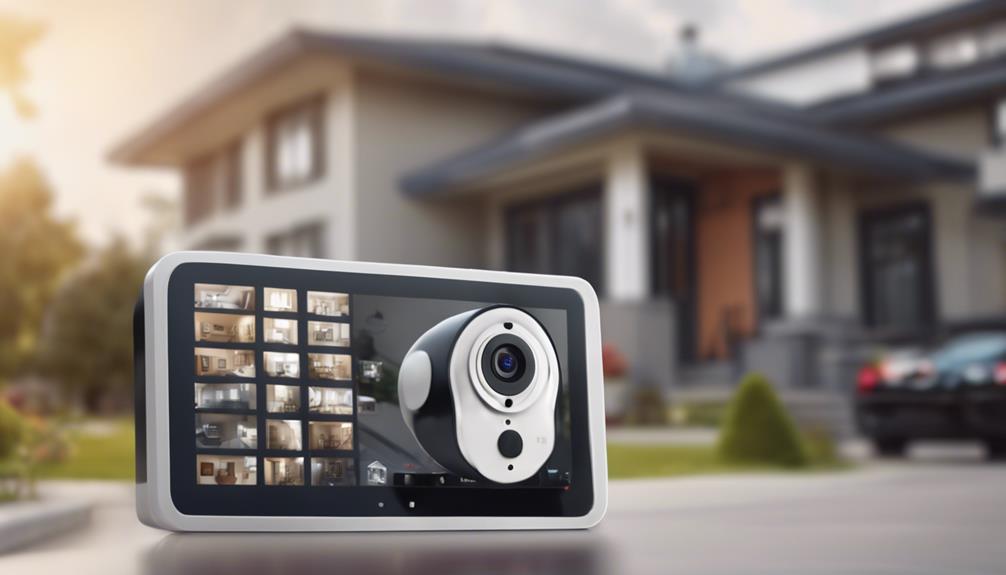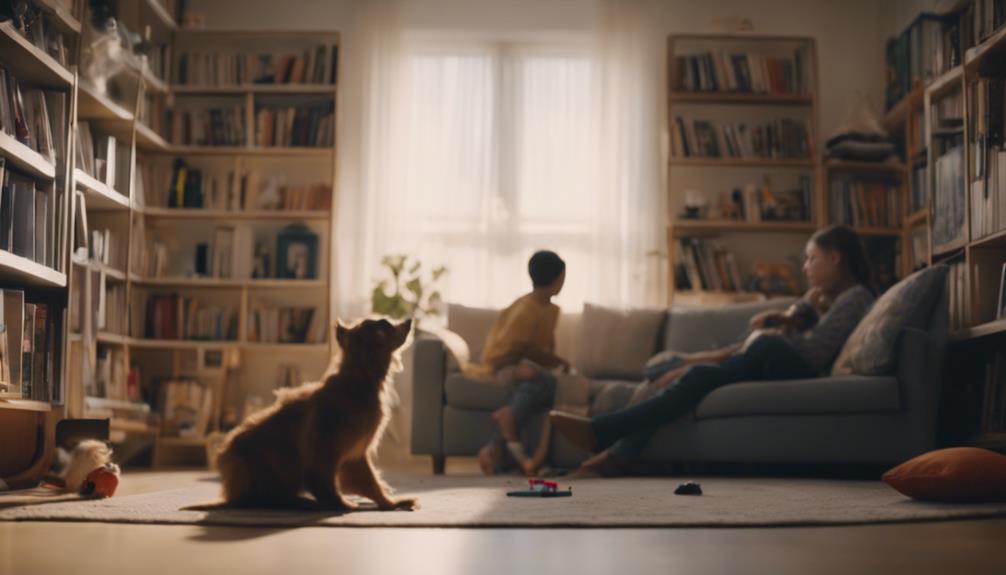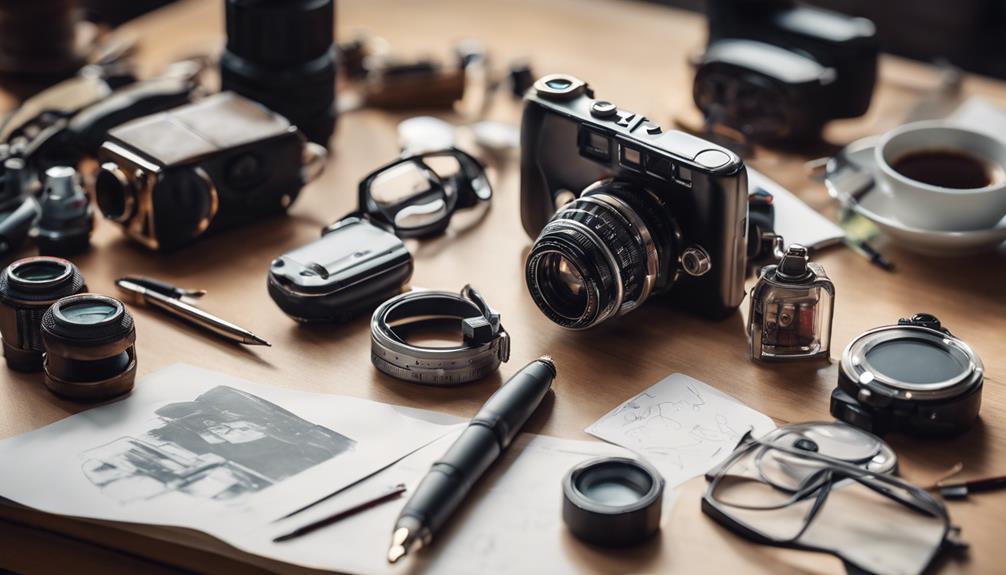
In an increasingly interconnected world, personal spy cameras have emerged as invaluable tools for surveillance, security, and everyday convenience. These compact devices allow individuals to capture high-quality video footage discreetly, serving various purposes from monitoring pets to ensuring home security. As technology advances, personal spy cameras have become more sophisticated, compact, and accessible, making them popular among individuals looking to enhance their personal safety or keep an eye on their belongings. This article delves into what personal spy cameras are, how they function, their legal implications, and the essential features to consider when choosing one.
What is a Personal Spy Camera and How Does It Work?
A personal spy camera is a small, discreet recording device designed to capture video and sometimes audio without drawing attention. These cameras can come in various forms, including wearable devices, disguised objects like smoke detectors, or standalone units that can be placed strategically around a space. The primary function of a personal spy camera is to record real-time footage, which can later be reviewed for security or monitoring purposes.
Typically, personal spy cameras operate using digital technology and are equipped with batteries for portability. Many models connect to Wi-Fi, allowing users to access live streams or recorded footage remotely through an accompanying app. Features such as motion detection, night vision, and high-definition recording enable users to capture clear images under various conditions, making them versatile tools for surveillance.
Top 5 Uses for Personal Spy Cameras in Everyday Life
-
Home Security: Personal spy cameras can act as an extra layer of security for homes, helping to monitor entrances and deter potential intruders. Placing them near windows or doors can capture suspicious activity and provide peace of mind, especially when homeowners are away.
-
Child Monitoring: Parents often use personal spy cameras to keep an eye on their children, whether to observe caregivers or ensure that their kids are safe while playing at home or outdoors. This technology allows for real-time monitoring of children’s activities, ensuring their well-being.
-
Pet Surveillance: For pet owners, spy cameras offer a way to check on pets when they are away. It helps monitor behavior, ensuring pets are safe, and can also provide insight into any destructive habits that may need to be addressed.
-
Workplace Monitoring: Employers can utilize personal spy cameras to monitor employees and ensure compliance with company policies. However, this application raises ethical considerations, necessitating transparency with staff regarding surveillance practices.
-
Travel Security: When traveling, personal spy cameras can be used to keep an eye on belongings in hotel rooms or rental properties. They can serve as a deterrent against theft or provide evidence in case of an incident.
Key Features to Look for in a Personal Spy Camera
When selecting a personal spy camera, consider several key features to ensure it meets your needs. First, video quality is paramount; look for cameras that offer at least 1080p HD resolution for clear and detailed footage. Additionally, night vision capabilities are essential for monitoring in low-light conditions, allowing for clear images even after dark.
Another important feature is motion detection, which triggers recording only when movement is detected, conserving storage space and battery life. Storage options are also crucial—whether the camera uses local storage via SD cards or cloud storage—offering flexibility in how footage is saved and accessed. Finally, a long battery life can enhance usability, especially for cameras that will be deployed in remote locations or used for extended periods.
The Legalities: Are Personal Spy Cameras Allowed?
The legality of personal spy cameras varies by jurisdiction, making it essential for users to understand the laws in their area. In many places, it is legal to use a personal spy camera in public spaces where there is no reasonable expectation of privacy. However, using such devices in private spaces, such as homes or bathrooms, may violate privacy laws and lead to legal repercussions.
To navigate this complex landscape, users should familiarize themselves with local laws regarding surveillance, consent, and privacy. It’s important to note that while recording video in public settings may be permissible, recording audio may have additional restrictions. Always prioritize ethical considerations and respect the privacy of others when using personal spy cameras.
How to Choose the Right Personal Spy Camera for You
Selecting the right personal spy camera requires an assessment of your specific needs and intended use. Start by defining the primary purpose of the camera, whether it’s for home security, monitoring children, or keeping an eye on pets. This will help narrow down the features that are most important to you.
Next, consider the design and size of the camera. Depending on your intended placement, you may prefer a compact or easily concealable model. Additionally, evaluate the budget you have in mind; personal spy cameras come in a range of prices, and understanding your financial constraints will assist in making a suitable choice. Reading user reviews and researching various brands can provide valuable insights into the performance and reliability of different models.
Pros and Cons of Using a Personal Spy Camera
Personal spy cameras offer several advantages, primarily related to security and peace of mind. They provide a sense of protection, allowing users to monitor their surroundings and loved ones discreetly. With high-quality footage, these cameras can serve as vital evidence in case of incidents like theft, vandalism, or disputes.
However, there are also cons to consider. The use of personal spy cameras can raise ethical dilemmas, particularly regarding privacy violations. Misuse or improper placement may lead to legal issues, especially if individuals record without consent. Moreover, users face the potential risk of technology malfunctioning or being hacked, compromising the integrity of their surveillance efforts.
Real-Life Scenarios: When a Spy Camera Can Help You
Imagine coming home from work to find that your front door was left ajar. A personal spy camera positioned near the entrance could help you determine whether someone attempted to break in or if the door was simply neglected. Reviewing the footage could provide crucial information and help you take necessary precautions moving forward.
Another scenario could involve a caregiver looking after your elderly parent. Using a personal spy camera, you can monitor interactions and ensure your loved one is receiving proper care. This can provide peace of mind, as well as evidence should any concerns about neglect or mistreatment arise, facilitating timely intervention.
Tips for Discreetly Using a Personal Spy Camera
To ensure effective and discreet use of personal spy cameras, consider the placement carefully. Choose locations that are less likely to attract attention, such as behind decorative objects or within common appliances. This makes it less likely for individuals to notice they are being recorded.
Additionally, familiarize yourself with the operational aspects of your camera, such as adjusting the settings for optimal recording quality and battery life. Regularly checking the footage can help you ensure that the camera is functioning as intended and that you’re capturing the necessary information without raising suspicions.
Best Personal Spy Cameras on the Market Today
Several outstanding personal spy cameras are available today, each catering to different needs. The Blink Mini, for example, provides excellent video quality and is compact enough for discreet placement. Its motion detection and two-way audio features make it a robust option for home monitoring.
Another great choice is the Wyze Cam v3, known for its affordability and high-definition video capabilities, including night vision. Additionally, the spy pen camera is ideal for those seeking ultra-portable options, allowing for recording on the go without drawing attention. Researching various products and comparing user reviews can help you make an informed decision tailored to your needs.
Protect Your Privacy: Ethical Considerations to Note
While personal spy cameras can be immensely helpful, users must remain vigilant about privacy and ethical implications. Always consider the rights and consent of individuals being recorded. Recording in spaces where people have a reasonable expectation of privacy—such as bathrooms or bedrooms—can lead to severe legal consequences.
Transparency is essential when using surveillance technology. If you intend to use cameras in shared spaces, communicating with those involved can foster trust and avoid misunderstandings. Ultimately, balancing security needs with ethical considerations is crucial for responsible use of personal spy cameras.
In conclusion, personal spy cameras offer a wealth of benefits, from enhancing home security to providing peace of mind for monitoring loved ones. However, users must navigate the complex web of legal and ethical considerations that accompany their use. By understanding the key features, potential applications, and responsibilities associated with these devices, individuals can make informed decisions and utilize personal spy cameras effectively. Whether for safety, monitoring, or just keeping an eye on your belongings, the right personal spy camera can be a powerful ally in today’s fast-paced world.
